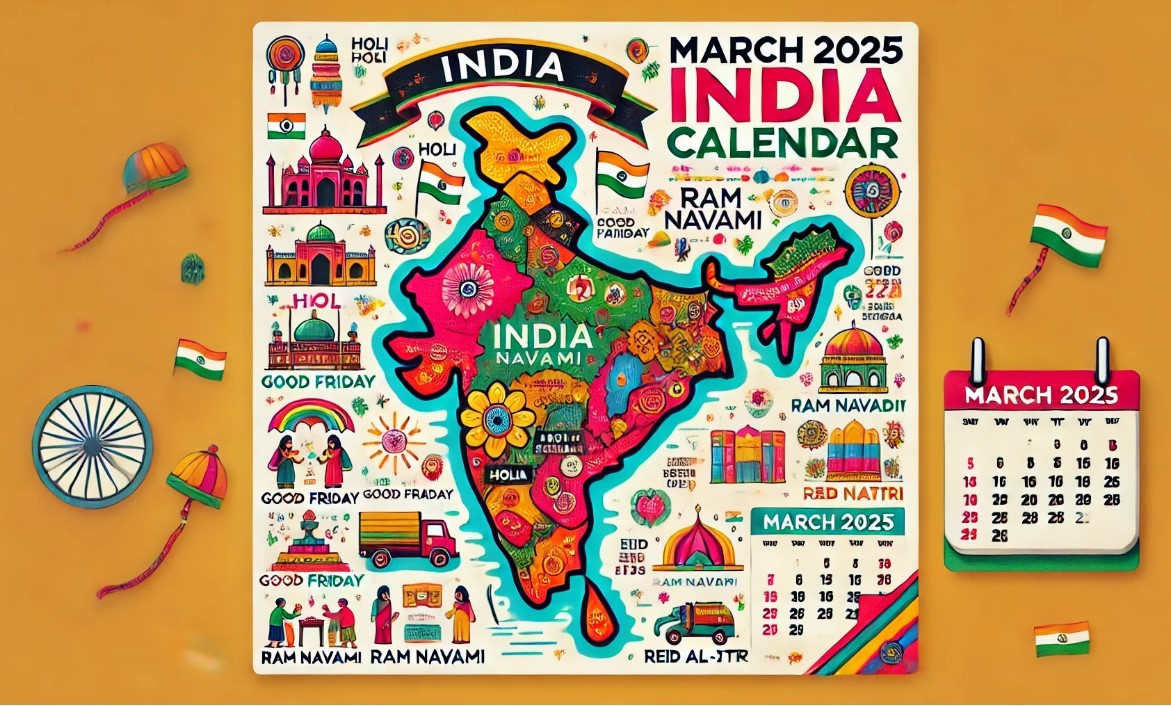Julian Calendar 2025: Holidays, Observances, Special Days and Celebrations
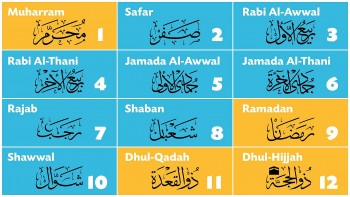 2025 Islamic Calendar: Important Dates, Holidays, Observances and Celebrations 2025 Islamic Calendar: Important Dates, Holidays, Observances and Celebrations |
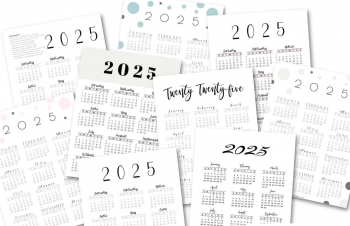 2025 Gregorian Calendar: Important Dates, Holidays, Observances and Celebrations 2025 Gregorian Calendar: Important Dates, Holidays, Observances and Celebrations |
As we approach 2025, understanding the Julian calendar's significant dates, holidays, observances, and celebrations can help us better appreciate global cultural and historical traditions. The Julian calendar, with its origins in ancient Rome and reforms by Julius Caesar, played a crucial role in the development of timekeeping and calendar systems. Although largely replaced by the Gregorian calendar, it remains significant in various religious and cultural contexts.
The year 2025 in the Julian calendar marks 7537 years since the calculated creation of the world, continuing to connect modern observances with ancient traditions.
Julian Calendar And Gregorian Calendar Systems | Overview & Differences:
Here's a comprehensive guide to the key dates in the Julian calendar for 2025.
What is the Julian Calendar?
 |
| 2025 Julian Calendar |
The Julian calendar is a reform of the Roman calendar introduced by Julius Caesar in 45 BCE. It was designed to more accurately reflect the solar year and served as the predominant calendar in the Western world until it was replaced by the Gregorian calendar in 1582.
Origins and History
Julius Caesar, with the aid of the Alexandrian astronomer Sosigenes, reformed the Roman calendar to correct its inaccuracies. The Julian calendar was implemented on January 1, 45 BCE.
The Julian calendar introduced a year of 365 days divided into 12 months, with a leap year every four years, adding an extra day to February.
This system resulted in an average year length of 365.25 days, which is slightly longer than the actual solar year (approximately 365.2422 days). The Julian calendar was adopted throughout the Roman Empire and subsequently by most of Christendom.
Who Uses the Julian Calendar?
Orthodox Churches: Some Eastern Orthodox Churches, including the Russian, Serbian, and Jerusalem Orthodox Churches, still use the Julian calendar for liturgical purposes.
Cultural and Historical Contexts: The Julian calendar is also used in historical research and by communities that observe traditional customs and festivals according to its dates.
Structure and Features
Year Length: The Julian calendar consists of a common year of 365 days divided into 12 months, with a leap year every four years adding an extra day to February.
Months and Days:
January (Ianuarius): 31 days
February (Februarius): 28 days (29 in leap years)
March (Martius): 31 days
April (Aprilis): 30 days
May (Maius): 31 days
June (Iunius): 30 days
July (Iulius): 31 days
August (Augustus): 31 days
September (September): 30 days
October (October): 31 days
November (November): 30 days
December (December): 31 days
Leap Year Calculation: Every year divisible by 4 is a leap year. This means that in a 4-year cycle, three years have 365 days and one year has 366 days.
Transition to the Gregorian Calendar
By the 16th century, the Julian calendar had drifted by about ten days relative to the solar year due to its slight inaccuracy. Pope Gregory XIII introduced the Gregorian calendar in 1582 to correct this drift.
Over several centuries, various nations gradually adopted the Gregorian calendar, with some Eastern Orthodox churches and nations keeping the Julian calendar for liturgical purposes.
Example of the Julian Calendar in Use
To illustrate, let’s consider the year 2024 in the Gregorian calendar, which is a leap year:
January 1, 2024 (Gregorian) corresponds to December 19, 2023 (Julian).
February 29, 2024 (Gregorian) corresponds to February 16, 2024 (Julian).
December 31, 2024 (Gregorian) corresponds to December 18, 2024 (Julian).
Julian Year in 2025The Byzantine era, which dates the creation to 5509 BCE, calculates that 2025 in the Gregorian calendar corresponds to the year 7537 from the creation of the world. Due to the discrepancy between the Julian and Gregorian calendars, dates in the Julian calendar are currently 13 days behind those in the Gregorian calendar. For example, January 1, 2025, in the Julian calendar will be January 14, 2025, in the Gregorian calendar. |
Read More: 2025 Calendar for Asian Countries with the Public Holidays
Key Dates in the Julian Calendar 2025
Orthodox New Year’s Day - January 14
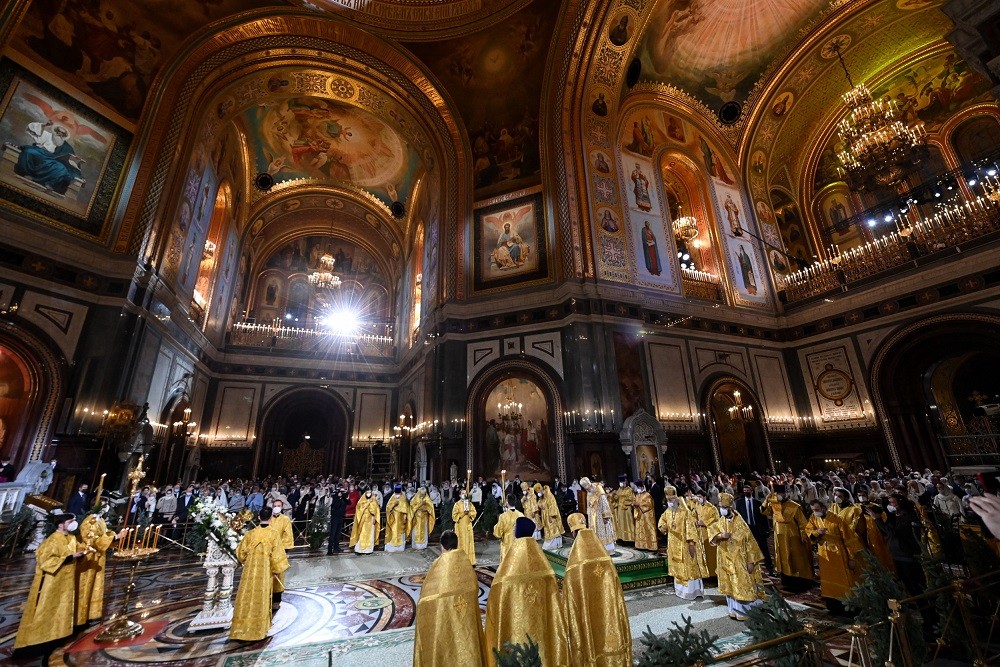 |
| Orthodox New Year’s Day |
Eastern Orthodox Christians who follow the Julian calendar celebrate New Year's Day on January 14. It is often referred to as the "Old New Year" because it falls after the January 1 New Year’s Day observed by those who follow the Gregorian calendar.
How to Celebrate:
Festivities: Celebrations are typically more subdued compared to those on January 1, focusing on family gatherings and traditional meals.
Traditions: Folks in some groups celebrate the Old New Year in their own special ways. In Russia, for instance, it's a day for telling fortunes and guessing what will happen in the coming year.
Religious Services: In some Eastern Orthodox traditions, St. Basil the Great, a significant church figure, is the focus of religious services on this day. It's also a time to give thanks for the past year and seek blessings for the new one.
Epiphany - January 19
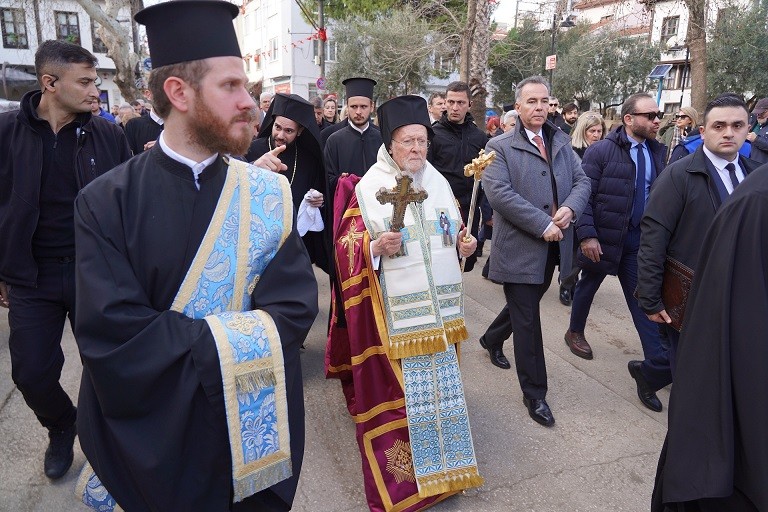 |
| Epiphany |
Epiphany, celebrated on January 19 in the Julian calendar, is one of the oldest Christian feasts. It commemorates the baptism of Jesus Christ in the Jordan River by John the Baptist. It is known as "Theophany" in the Eastern Orthodox Church, which means the manifestation of God, as this event marks the revelation of Jesus as the Son of God.
How to Celebrate:
Blessing of the Waters: The Great Blessing of Waters is one of the most important traditions. Priests bless water, which is then used for many rituals and blessings throughout the year.
Ice Swimming: People who believe in God go ice swimming in some places, like Russia. They dip their bodies into very cold water, usually in the shape of a cross, to remember Jesus' baptism and to get rid of their sins.
Religious Services: Special services and processions are held in churches, and people who believe in God often bring blessed water home to drink or sprinkle around their homes to keep them safe and blessed.
Orthodox Christmas Day - January 7
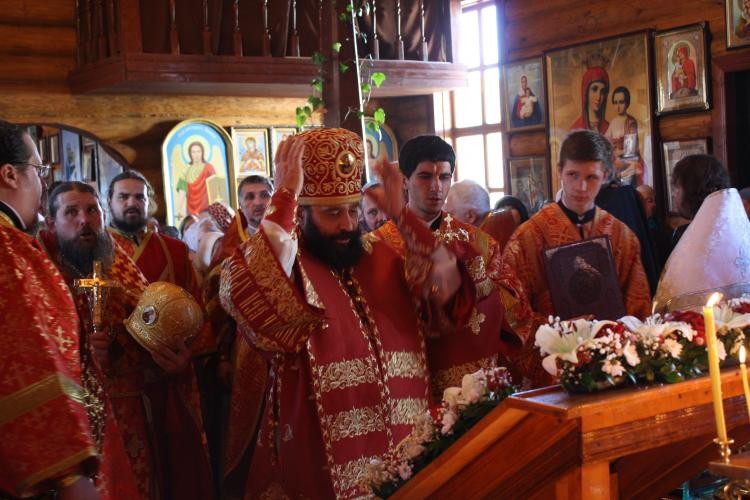 |
| Orthodox Christmas Day |
Christmas Day, celebrated on January 7 in the Julian calendar, is the Eastern Orthodox equivalent of the December 25 Christmas celebrated in the Western Christian tradition. It commemorates the birth of Jesus Christ.
How to Celebrate:
Fasting: On Christmas Eve, also called Paramony, the day before Christmas, people must follow a strict fast. The fast is broken when the first star, which stands for the Star of Bethlehem, appears in the sky in the evening.
Sviata Vecherya (Holy Supper): A special meal is prepared, often consisting of 12 meatless dishes representing the 12 Apostles. Common dishes include kutya (a sweet grain pudding), borscht, and pierogi.
Liturgical Services: There are many special services that churches hold, such as the Divine Liturgy and the Nativity Vigil. The reading of the Christmas story and singing of happy hymns are important parts of these services.
Caroling and Folk Traditions: Caroling and other folk traditions are common in a lot of different cultures. In some places, people sing Christmas carols and spread holiday cheer from house to house.
Learn More: Top 7 Most Interesting Cities To Visit During Christmas
Major Holidays and Observances in the Julian Calendar 2025
Orthodox Easter - April 20
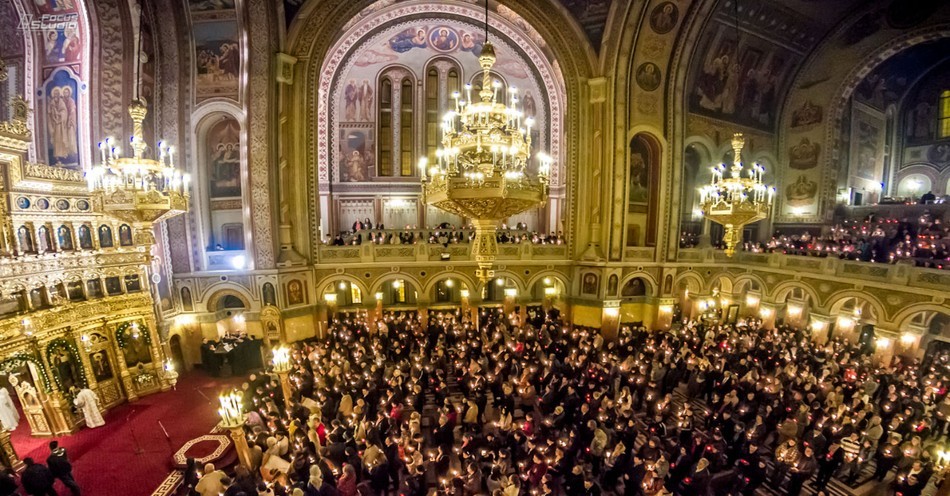 |
| Orthodox Easter |
Orthodox Easter, also known as Pascha, is the most important and joyous feast in the Eastern Orthodox Church, celebrating the resurrection of Jesus Christ. The date varies each year because it is calculated based on the Julian calendar and the ecclesiastical full moon.
How to Celebrate:
Great Lent and Holy Week: In the weeks leading up to Easter, there is a period of fasting known as Great Lent, then Holy Week, which includes services honoring the Passion of Christ.
Paschal Vigil: There is a service at midnight the night before Easter. It is called the Paschal Vigil. During the service, people chant "Christ is risen," and the Holy Fire, which represents the light of Christ's resurrection, is given to them.
Festive Meal: A holiday meal breaks the long fast after the service. On Easter, people usually eat lamb, kulich or paska bread, and eggs that have been painted, usually red to represent Christ's blood.
Ascension Day - May 30
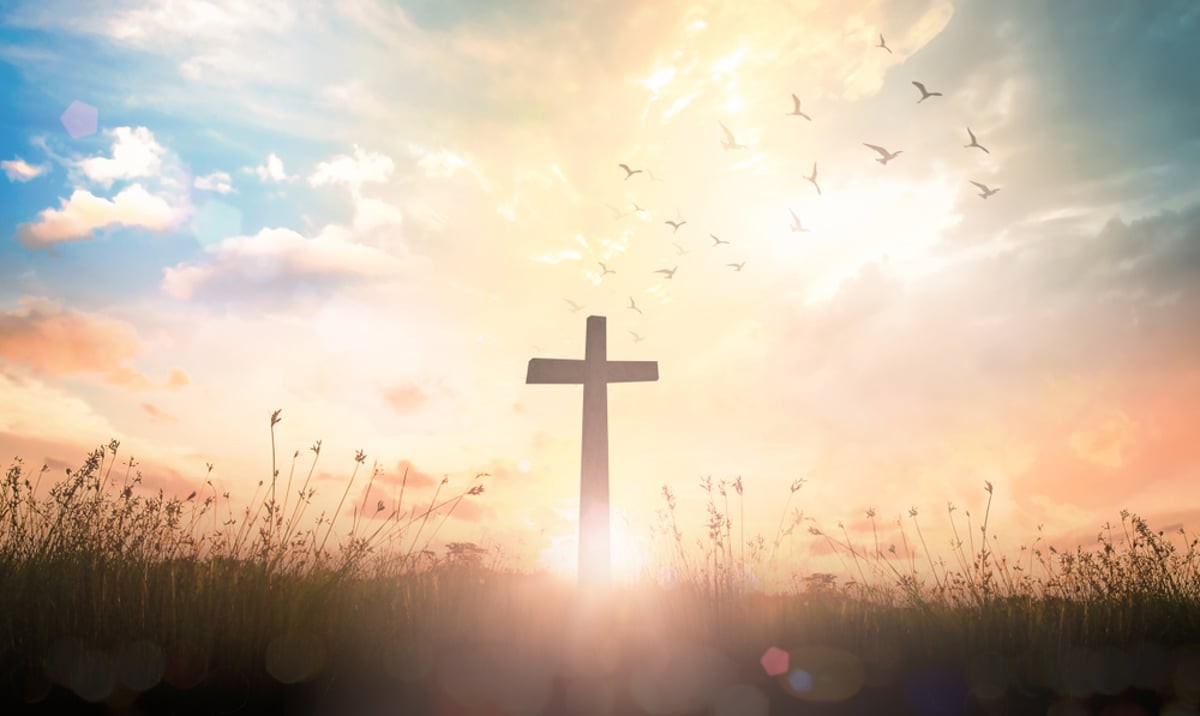 |
| Ascension Day |
Ascension Day commemorates the ascension of Jesus Christ into heaven, 40 days after his resurrection. It marks the end of the earthly ministry of Jesus and the anticipation of the coming of the Holy Spirit at Pentecost.
How to Celebrate:
Divine Liturgy: Churches hold special services, including the Divine Liturgy, where the faithful reflect on the meaning of Christ’s ascension and its significance for salvation.
Prayer and Fasting: Some Orthodox Christians observe the day with prayer and fasting, emphasizing spiritual reflection and renewal.
Pentecost - June 9
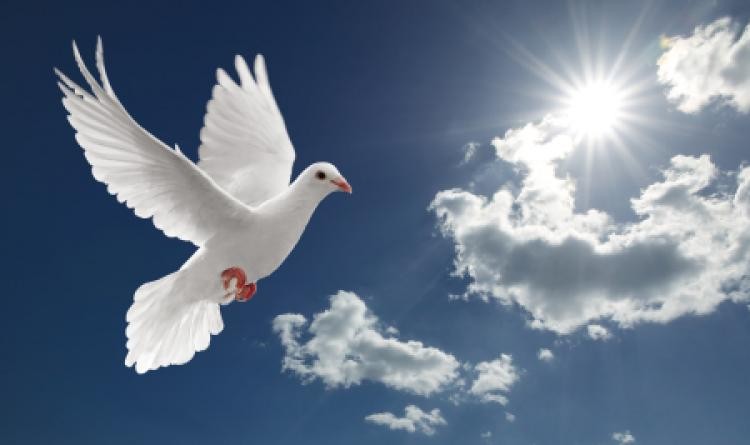 |
| Pentecost |
Pentecost, also known as Trinity Sunday, commemorates the descent of the Holy Spirit upon the apostles and other followers of Jesus Christ. It occurs 50 days after Easter and marks the beginning of the Church’s mission to spread the Gospel.
How to Celebrate:
Greenery and Decorations: Putting plants in homes and churches is a common way to celebrate new life. Bringing in branches and flowers is part of some traditions.
Divine Liturgy and Vespers: The Divine Liturgy and Vespers with Kneeling Prayers are two special services. During these times, prayers are said for the first time since Pascha, with a focus on repentance and the coming of the Holy Spirit.
Additional Celebrations in the Julian Calendar 2025
Feast of the Theophany - January 19
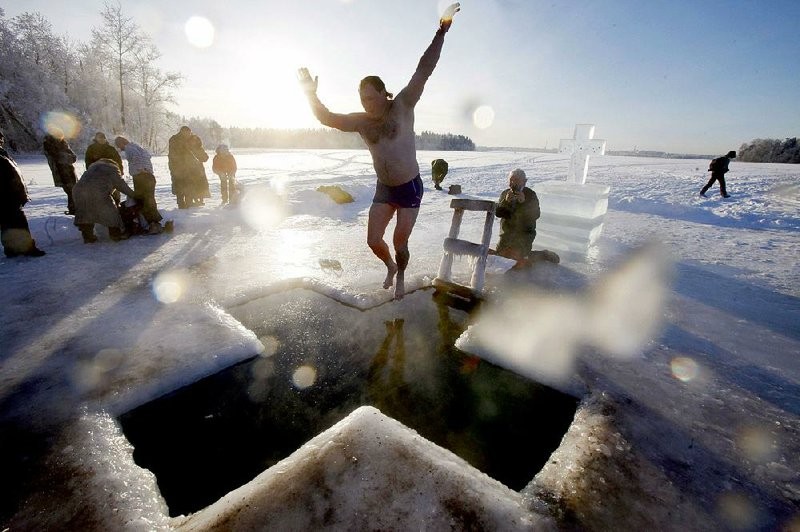 |
| Feast of the Theophany |
Theophany, also known as Epiphany, celebrates the baptism of Jesus Christ in the Jordan River by John the Baptist. It is a major feast in the Eastern Orthodox Church, highlighting the revelation of the Holy Trinity.
The Feast of the Theophany, also on January 19, celebrates the baptism of Jesus in the Jordan River. This is an important observance for Orthodox Christians, involving blessings of water and religious processions.
How to Celebrate:
Blessing of the Waters: The Great Blessing of the Waters, which is a blessing of water, is an important part of the tradition. People think of this water as holy, and they bless it all year long.
Ice Swimming: In some cultures, Christians do ice swimming, which means jumping into cold water to remember Christ's baptism and to clean themselves.
Transfiguration - August 19
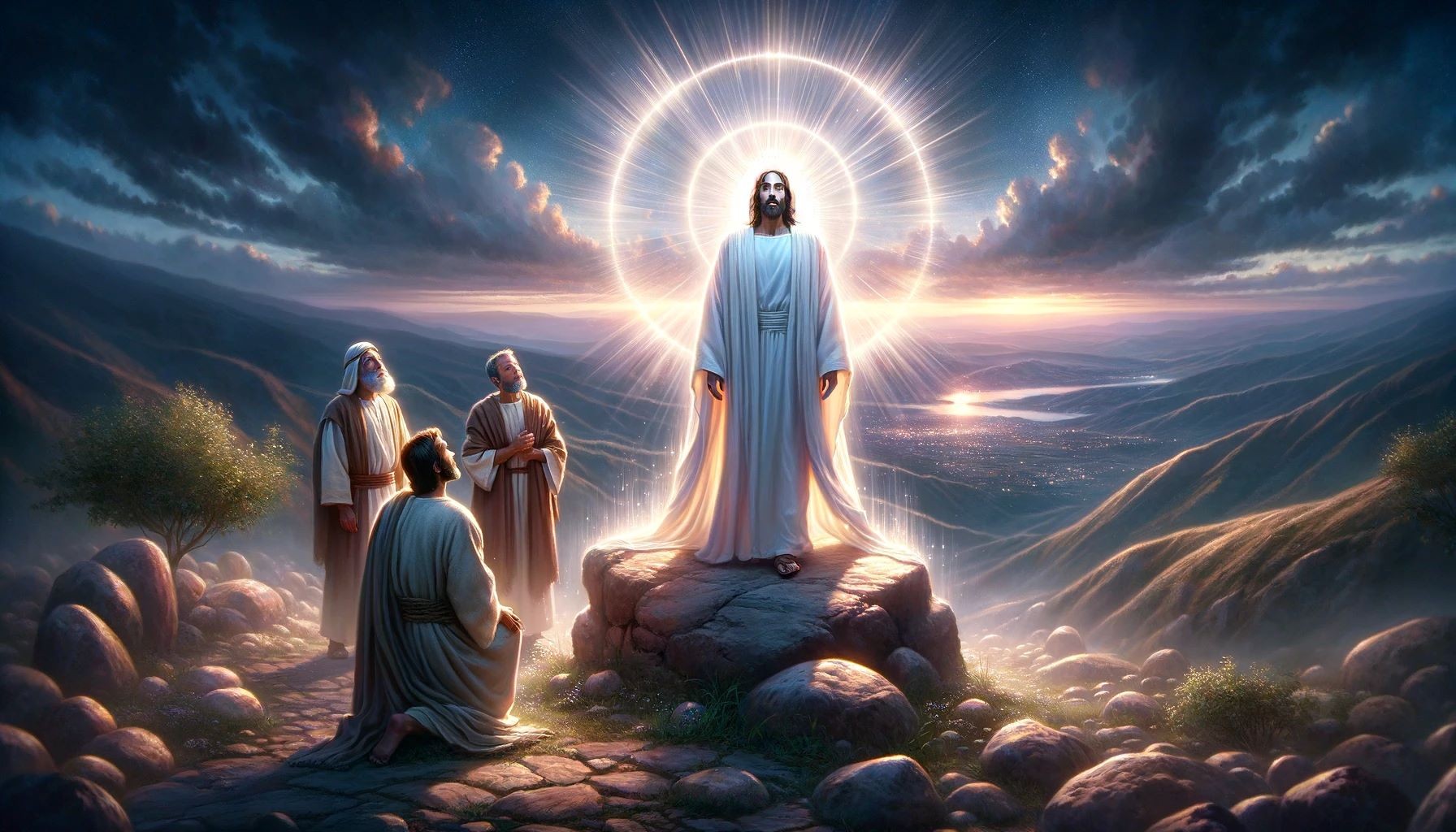 |
| Transfiguration |
The Transfiguration of Jesus is a feast that commemorates Christ's revelation of his divine nature to his apostles Peter, James, and John on Mount Tabor. The event, described in the Gospels, marks a moment of divine glory.
Transfiguration, celebrated on August 19, marks the moment Jesus was transfigured and became radiant on Mount Tabor. This day is observed with special church services and prayers.
How to Celebrate:
Divine Liturgy: The celebration includes the Divine Liturgy, where the faithful reflect on the Transfiguration as a revelation of Jesus' divine glory.
Blessing of Fruits: Traditionally, fruits are blessed during this feast, symbolizing the harvest and the spiritual fruits of a transformed life.
Dormition of the Theotokos - August 28
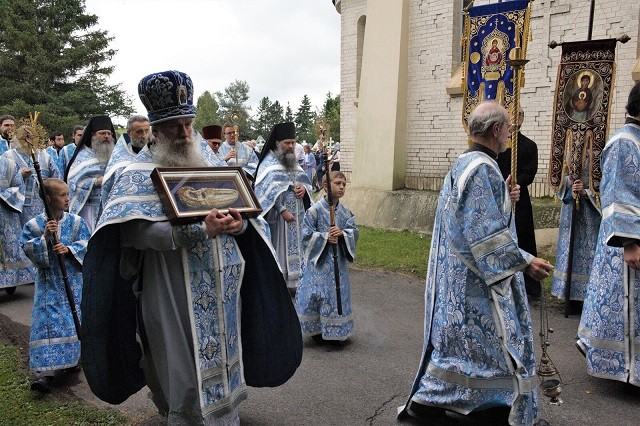 |
| Dormition of the Theotokos |
The Dormition of the Theotokos, also known as the Assumption, commemorates the "falling asleep" (death) of the Virgin Mary and her bodily assumption into heaven. It is a major feast celebrating Mary's role in salvation history.
How to Celebrate:
Dormition Fast: A two-week fast precedes the feast, during which Orthodox Christians prepare spiritually and physically.
Divine Liturgy and Processions: The feast includes the Divine Liturgy and often a procession with an icon of the Theotokos. It’s a time of special reverence for Mary’s role in the Church.
Observances and Cultural Celebrations in the Julian Calendar 2025
Saints' Feast Days
In the Eastern Orthodox Church, saints' feast days are celebrated throughout the year, commemorating the lives and deeds of saints. These days are opportunities for the faithful to reflect on the virtues and contributions of these holy figures.
How to Celebrate:
Divine Liturgy: On a saint's feast day, the Divine Liturgy is celebrated in honor of the saint. Special hymns and prayers are dedicated to them.
Veneration of Relics: If relics of the saint are present, they may be venerated. In some cases, processions and special services are held.
Fasting and Prayer: Depending on the importance of the saint and local customs, there may be fasting, prayer, and acts of charity.
National and Local Holidays
In countries and regions that use the Julian calendar, national and local holidays are celebrated with a blend of traditional and modern festivities, reflecting cultural heritage and historical significance.
Conclusion
The Julian calendar’s rich tapestry of important dates, holidays, observances, and celebrations in 2025 offers a window into diverse cultural and religious practices.
By recognizing and participating in these traditions, we can foster greater understanding and appreciation of the global community.
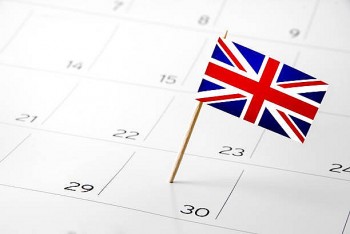 2025 UK Calendar - Full List of Public Holidays And Observances: Dates and Celebrations 2025 UK Calendar - Full List of Public Holidays And Observances: Dates and Celebrations Whether you are planning a vacation, organizing events, or simply looking to make the most of your time off, this comprehensive guide provides all the ... |
 2025 Canada Calendar - Full List of Public Holidays And Observances: Dates and Celebrations 2025 Canada Calendar - Full List of Public Holidays And Observances: Dates and Celebrations Let's explore the 2025 Canada Calendar for a complete list of national and regional holidays, festivals, and observances, including dates and celebrations. |
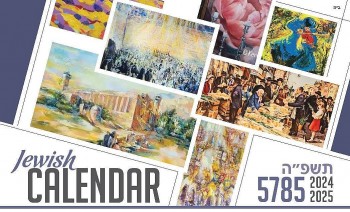 2025 Jewish Calendar: Important Dates, Holidays, Observances and Celebrations 2025 Jewish Calendar: Important Dates, Holidays, Observances and Celebrations Check out the full list of the Jewish holidays in 2025 and the most popular festivals and celebrations. |



